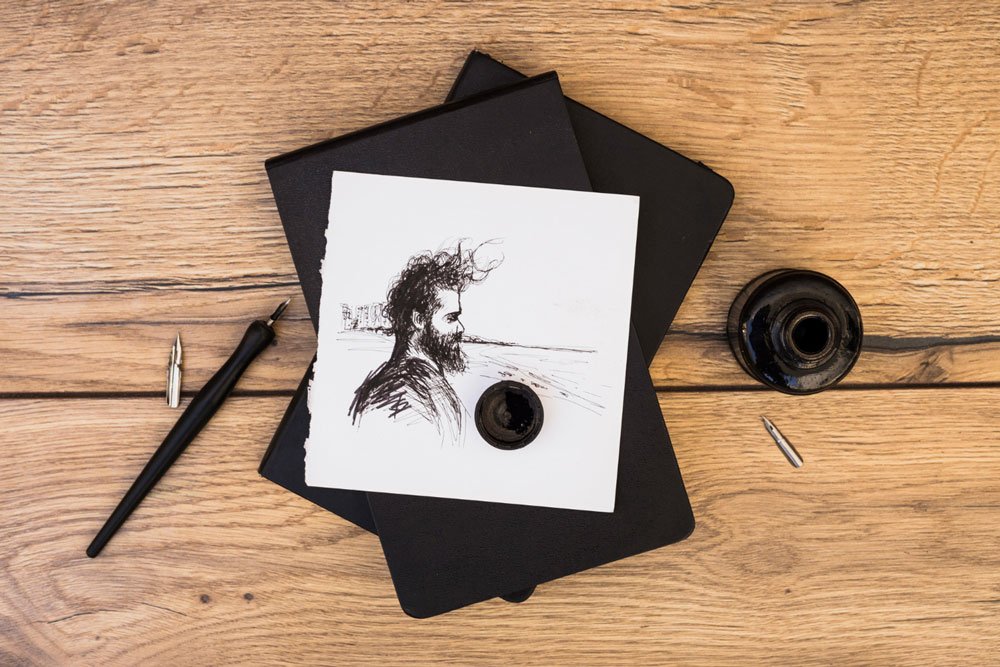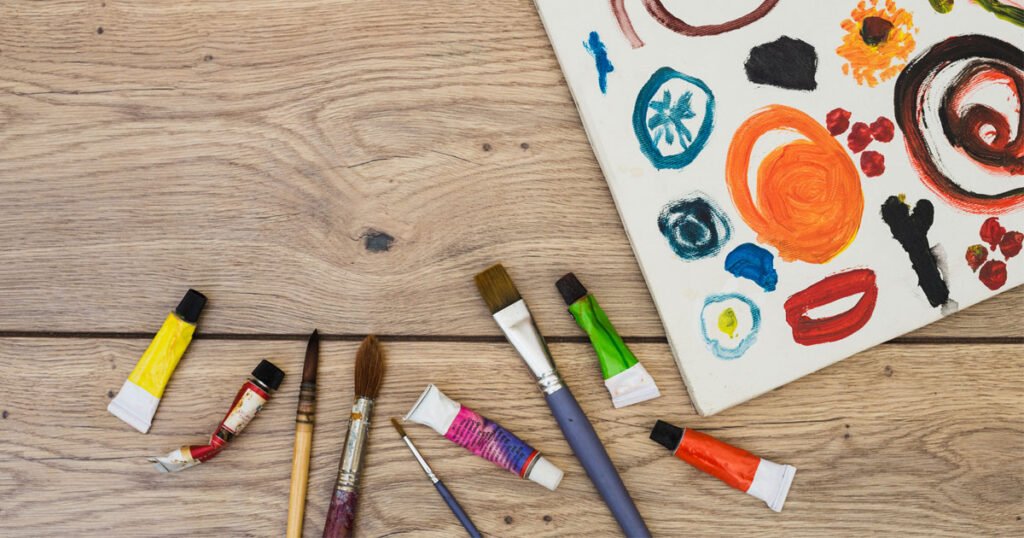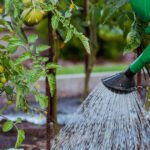Introduction
The #MyMadeInKe movement is transforming the way people perceive Kenyan products. With a focus on local innovation and craftsmanship, this hashtag has grown into a nationwide celebration of homegrown talent and entrepreneurship. It reflects Kenya’s growing pride in locally made goods across various industries, from fashion and art to technology and agriculture. This article will delve into the #MyMadeInKe phenomenon, exploring its significance, impact, and future prospects, while highlighting the importance of supporting local businesses in Kenya.
What is #MyMadeInKe?
A Movement Rooted in Kenyan Pride
#MyMadeInKe began as a social media campaign to promote and celebrate products made in Kenya. Over time, it has evolved into a broader movement showcasing Kenyan creativity, skill, and entrepreneurship. The hashtag not only promotes products but also tells the stories behind them—stories of local artisans, innovators, and businesses contributing to the national economy. #MyMadeInKe represents more than just a label; it’s a badge of quality, sustainability, and authenticity. Visit here for more details allenstoneware.
The Rise of Local Artisans and Entrepreneurs
Kenya has long been known for its cultural diversity and rich heritage. Today, Kenyan artisans, fashion designers, and innovators are gaining recognition on both local and global stages. The #MyMadeInKe movement helps to amplify their voices, showcasing their craftsmanship and enabling them to compete with global brands. With a growing emphasis on sustainability and ethical production, many of these local brands focus on eco-friendly practices, further boosting the appeal of Kenyan-made products.
The Importance of Supporting Locally Made Products
Economic Growth and Job Creation
Supporting the #MyMadeInKe movement has direct economic benefits for Kenya. By purchasing locally made goods, consumers contribute to job creation and support small and medium-sized enterprises (SMEs). These businesses, in turn, stimulate local economies by sourcing materials locally, employing Kenyan workers, and investing back into their communities. As the movement grows, it strengthens Kenya’s economy by reducing reliance on imports and fostering domestic production.

Promoting Innovation and Creativity
The #MyMadeInKe movement encourages creativity and innovation among local entrepreneurs. With increased visibility, Kenyan artisans and businesses are more motivated to produce high-quality, unique products that stand out in the market. From fashion to technology, the movement has spurred the development of new ideas and techniques, helping Kenyan products gain recognition both locally and internationally.
Fostering a Sense of National Identity
#MyMadeInKe not only boosts the economy but also promotes national pride. Kenyans are increasingly choosing to support local brands that represent their culture, traditions, and values. This growing sense of identity helps to preserve and promote the country’s rich heritage, while also encouraging future generations to take pride in producing and consuming Kenyan goods.
Key Sectors Highlighted by #MyMadeInKe
Fashion and Textiles
The Kenyan fashion industry has experienced a resurgence, with local designers gaining international recognition. Brands like KikoRomeo and AfroStreet Kollektions are leading the way in promoting African prints, sustainable fashion, and ethical production. Through #MyMadeInKe, these brands showcase their collections, which are rooted in Kenya’s cultural heritage while appealing to global fashion trends.
Technology and Innovation
Kenya is known as the “Silicon Savannah,” with its rapidly growing tech sector. #MyMadeInKe has also helped promote local tech startups that are creating innovative solutions to everyday problems. From mobile banking applications like M-Pesa to renewable energy startups, Kenya’s tech industry is a key component of the #MyMadeInKe movement.
Art and Craftsmanship
Kenya’s rich history of craftsmanship is evident in the vibrant art scene. Artists, sculptors, and jewelry makers use local materials to create unique pieces that reflect Kenya’s diverse cultures. The #MyMadeInKe movement helps to bring attention to these artists, allowing them to reach a wider audience and sell their work both locally and internationally.
Agriculture and Food Products
Kenya’s agricultural sector plays a critical role in the country’s economy. #MyMadeInKe has helped promote locally produced food items, from coffee and tea to organic fruits and vegetables. Brands like Dormans Coffee and Kericho Gold have become synonymous with high-quality Kenyan produce, with #MyMadeInKe providing a platform to showcase their products globally.
Real-World Applications and Case Studies
Case Study: Sandstorm Kenya
Sandstorm Kenya is a leading brand that has embraced the #MyMadeInKe movement. Known for its handcrafted leather and canvas bags, Sandstorm produces durable, stylish products that are 100% made in Kenya. The company sources materials locally and employs skilled Kenyan artisans, ensuring that every product supports the local economy. Through the #MyMadeInKe hashtag, Sandstorm Kenya has gained widespread recognition, not only for its high-quality products but also for its commitment to ethical production and sustainability.
Case Study: M-Pesa
M-Pesa, a mobile money service launched by Safaricom, is a shining example of Kenyan innovation. It allows millions of Kenyans to access banking services via their mobile phones, revolutionizing the financial landscape in the country. M-Pesa is a perfect fit for the #MyMadeInKe movement as it represents the ingenuity and problem-solving abilities of Kenyan developers. This homegrown solution has expanded globally, proving that Kenyan technology can have a worldwide impact.
Case Study: KikoRomeo
KikoRomeo, one of Kenya’s most famous fashion brands, has used the #MyMadeInKe movement to showcase its sustainable and culturally inspired designs. The brand incorporates traditional African prints and techniques into modern fashion, promoting Kenya’s rich textile heritage. Through #MyMadeInKe, KikoRomeo has reached international audiences, proving that Kenyan fashion can compete on the global stage.
Challenges Faced by the #MyMadeInKe Movement
Competition from International Brands
One of the biggest challenges faced by #MyMadeInKe brands is the stiff competition from international companies. Imported goods, often mass-produced at lower costs, can be cheaper than locally made products. This can make it difficult for Kenyan businesses to compete on price. However, #MyMadeInKe focuses on quality, uniqueness, and sustainability, helping local brands carve out a niche in the market.
Lack of Awareness and Consumer Education
Despite the growth of the #MyMadeInKe movement, many consumers still favor imported products, often due to a lack of awareness about the quality and benefits of locally made goods. Education campaigns are needed to inform the public about the advantages of supporting Kenyan brands, including job creation, sustainability, and economic growth.
High Production Costs
Local businesses often face higher production costs compared to international competitors. This can be attributed to the cost of raw materials, labor, and production infrastructure. #MyMadeInKe brands need to find ways to reduce costs without compromising on quality. Government support and investment in local industries could play a significant role in overcoming this challenge.
Solutions to Overcome These Challenges
Strengthening Brand Loyalty
One solution to the challenges faced by the #MyMadeInKe movement is to strengthen brand loyalty. By focusing on quality, storytelling, and customer engagement, Kenyan brands can build strong connections with consumers. This encourages repeat purchases and helps build a community around the brand, making consumers proud to support local businesses.
Government Support and Policy Changes
The Kenyan government can play a key role in supporting the #MyMadeInKe movement by offering tax incentives, grants, and subsidies to local businesses. These policies can help reduce production costs and make locally made products more competitive. In addition, government campaigns that promote the benefits of buying Kenyan-made goods can increase awareness and shift consumer preferences.
Collaboration and Partnerships
Collaboration between local businesses can also help overcome challenges. By working together, Kenyan brands can pool resources, share knowledge, and create mutually beneficial partnerships. For example, a fashion brand might collaborate with a local textile manufacturer, while an agricultural producer could partner with a packaging company. These collaborations can reduce costs and improve product quality.
The Future of #MyMadeInKe
Embracing Sustainability
As consumers worldwide become more environmentally conscious, the demand for sustainable products is growing. #MyMadeInKe brands are well-positioned to meet this demand, with many already focusing on eco-friendly practices. The future of the movement lies in embracing sustainability, ensuring that Kenyan products are both ethically produced and environmentally responsible.
Expanding International Markets
The #MyMadeInKe movement is not just about promoting locally made products to Kenyans—it also has the potential to reach international markets. Kenyan brands can leverage the growing interest in African culture, fashion, and art to expand globally. By participating in international trade fairs, utilizing e-commerce platforms, and building strong online presences, #MyMadeInKe brands can tap into global demand.
Empowering the Next Generation of Entrepreneurs
The future of #MyMadeInKe also depends on empowering young Kenyan entrepreneurs. By providing education, mentorship, and funding opportunities, Kenya can nurture the next generation of innovators. These young entrepreneurs will drive the movement forward, introducing new ideas and pushing the boundaries of what’s possible in industries such as fashion, technology, and agriculture.
Conclusion
The #MyMadeInKe movement is a celebration of Kenyan craftsmanship, creativity, and innovation. It encourages economic growth, fosters national pride, and promotes sustainability. As more Kenyans choose to support local brands, the movement will continue to gain momentum, helping Kenyan businesses thrive both locally and globally. By overcoming challenges such as competition from international brands and high production costs, #MyMadeInKe has the potential to transform Kenya’s economic landscape. The future is bright for Kenyan-made products, and the #MyMadeInKe movement will be at the heart of that transformation.
FAQs
1. What does #MyMadeInKe mean?
#MyMadeInKe is a social media movement that promotes products made in Kenya, celebrating local innovation, craftsmanship, and entrepreneurship.
2. How does supporting #MyMadeInKe benefit the economy?
Supporting #MyMadeInKe boosts the economy by creating jobs, reducing reliance on imports, and promoting local industries.
3. Which industries are highlighted by #MyMadeInKe?
#MyMadeInKe highlights industries such as fashion, technology, agriculture, and art, showcasing Kenya’s diverse talents and products.
4. What are the challenges faced by the #MyMadeInKe movement?
The movement faces challenges such as competition from international brands, lack of consumer awareness, and high production costs.
5. How can the #MyMadeInKe movement expand globally?
By leveraging e-commerce platforms, participating in international trade fairs, and building strong online presences, Kenyan brands can reach international markets.



